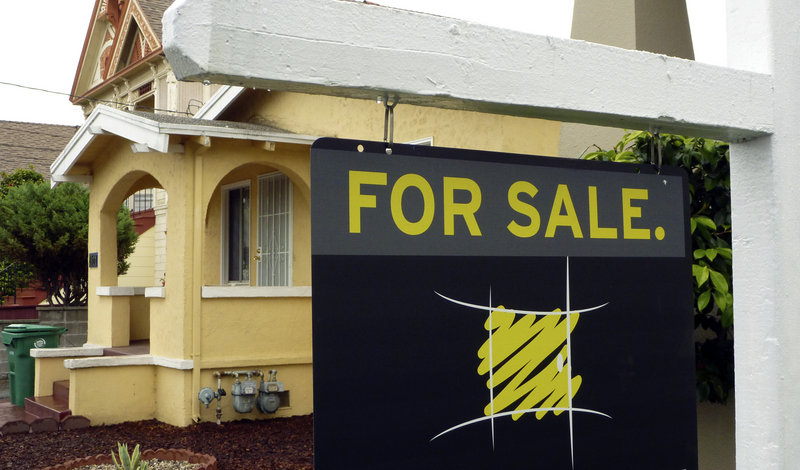WASHINGTON — Even cities that weathered the housing market crash with relatively little damage are suffering now.
Severe price declines have spread to Dallas, Denver, Minneapolis and Cleveland, which had mostly withstood the bust in housing since 2006. The damage has now gone well beyond cities hit hardest by unemployment and foreclosures, such as Phoenix and Las Vegas.
“We didn’t (experience) the highs and the lows like other cities,” said Kay Weeks, a real estate agent with Ebby Halliday in Dallas, where prices fell nearly 1 percent in March and are expected to keep falling. “But when we get bad news nationally, people take notice and cut back on spending and buying homes.”
Home prices in big metropolitan areas have sunk to their lowest level since 2002, the Standard & Poor’s/Case-Shiller 20-city monthly index showed Tuesday. Since the bubble burst in 2006, prices have fallen more than they did during the Great Depression.
The index, which covers metro areas that include about 70 percent of U.S. households, is updated every quarter and provides a three-month average. The March data is the latest available.
Foreclosures have forced prices down so much that some middle-class neighborhoods have turned into lower-income areas within months.
Prices are expected to keep falling until the glut of foreclosures for sale is reduced, companies start hiring in greater force, banks ease lending rules and more people think it makes sense again to buy a house. In some markets, that could take years.
The latest report points to a “double dip in home prices across much of the nation,” said David Blitzer, chairman of the Index Committee at Standard & Poor’s.
Prices fell from February to March in 18 of the metro areas tracked by the index.
The overall index fell for the eighth straight month and has dropped 3.6 percent in the past year. Prices had risen last summer, fueled by a temporary federal homebuying tax credit. But they’ve tumbled 7 percent since then. After adjusting for inflation, the home price index has sunk to the level of 1999.
Coastal areas, such as San Francisco, San Diego, Los Angeles, Washington and Boston, have fared comparatively better in the past two years. They have been helped by healthy local economies, desirable city centers and limited space for new housing.
In the middle are cities like Dallas, Denver, Minneapolis and Cleveland, which are seen as bellwethers for the national housing market. Minneapolis fared the worst in March, with prices down 3.7 percent.
In the seven years before its peak in July 2006, the home-price index surged 155 percent. Since then, it’s fallen 33 percent.
Send questions/comments to the editors.



Success. Please wait for the page to reload. If the page does not reload within 5 seconds, please refresh the page.
Enter your email and password to access comments.
Hi, to comment on stories you must . This profile is in addition to your subscription and website login.
Already have a commenting profile? .
Invalid username/password.
Please check your email to confirm and complete your registration.
Only subscribers are eligible to post comments. Please subscribe or login first for digital access. Here’s why.
Use the form below to reset your password. When you've submitted your account email, we will send an email with a reset code.